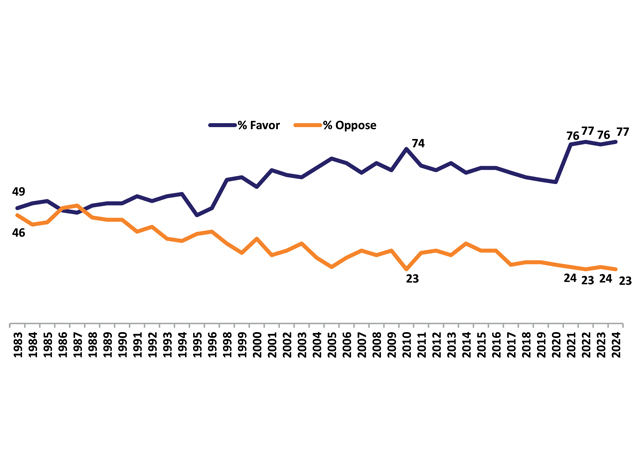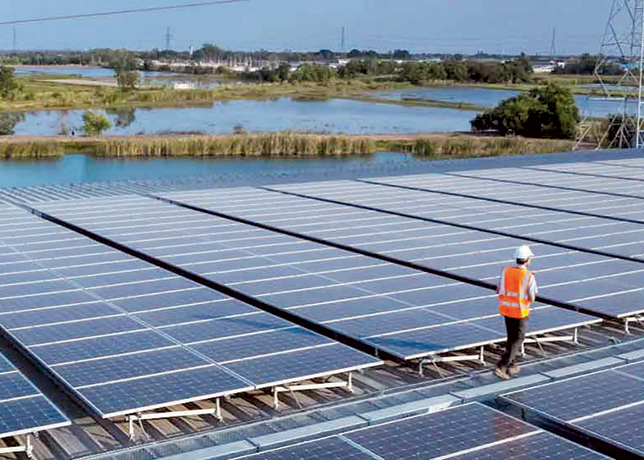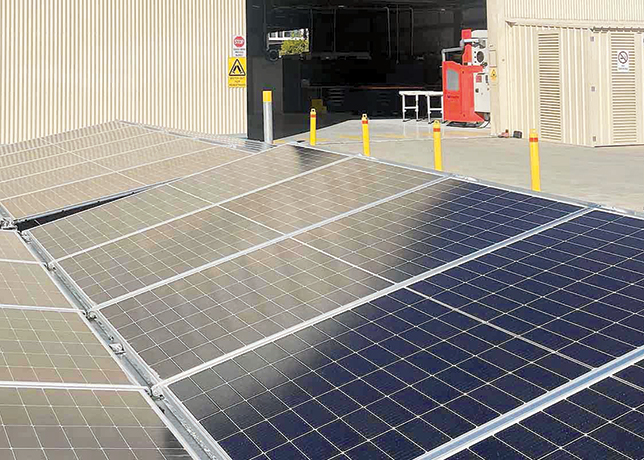
 Forest carbon credits help offset carbon footprint
Forest carbon credits help offset carbon footprint
THE Integrity Council for the Voluntary Carbon Market (ICVCM) has announced the first carbon-crediting methodologies that meet its high-integrity Core Carbon Principles (CCPs).
This means the CCP label can now be used on an estimated 27 million carbon credits generated by projects tackling potent greenhouse gases like methane from landfills and ozone-depleting refrigerants.
Another 27 categories of carbon credits, representing over 50 per cent of the market, remain under active assessment by the ICVCM.
Assessments of popular credit types like REDD+, jurisdictional REDD, and clean cookstoves are also underway.
The CCP label is designed to help buyers identify carbon credits that meet the ICVCM's rigorous standards for integrity.
Chair Annette Nazareth said the CCPs set a high bar and the first CCP-labelled credits are from projects that capture essential greenhouse gases to provide an "emergency brake" on warming.
This announcement follows the US government recognising the potential for a high-integrity voluntary carbon market to scale up private finance for climate action. The US principles for high-integrity credits are closely aligned with the CCPs.
Under the ICVCM's "two-tick" process, carbon credits can only receive the CCP label if both the underlying crediting program and the specific methodology are approved.
Programs like ACR, CAR, Gold Standard, and Verra are CCP-Eligible and can now apply the label to credits from approved methodologies.
The CCP label indicates the credits represent genuine emission reductions or removals, have robust safeguards, and deliver positive sustainable development impacts.
This is complemented by the Voluntary Carbon Markets Integrity (VCMI) initiative's work to ensure integrity in credit usage.
The ICVCM says this is just the beginning, and more CCP-approved methodologies and programs will be announced as its careful assessment process continues.
The goal is to establish a global benchmark that builds trust in the voluntary carbon market and unlocks significant private finance for climate solutions.







































































